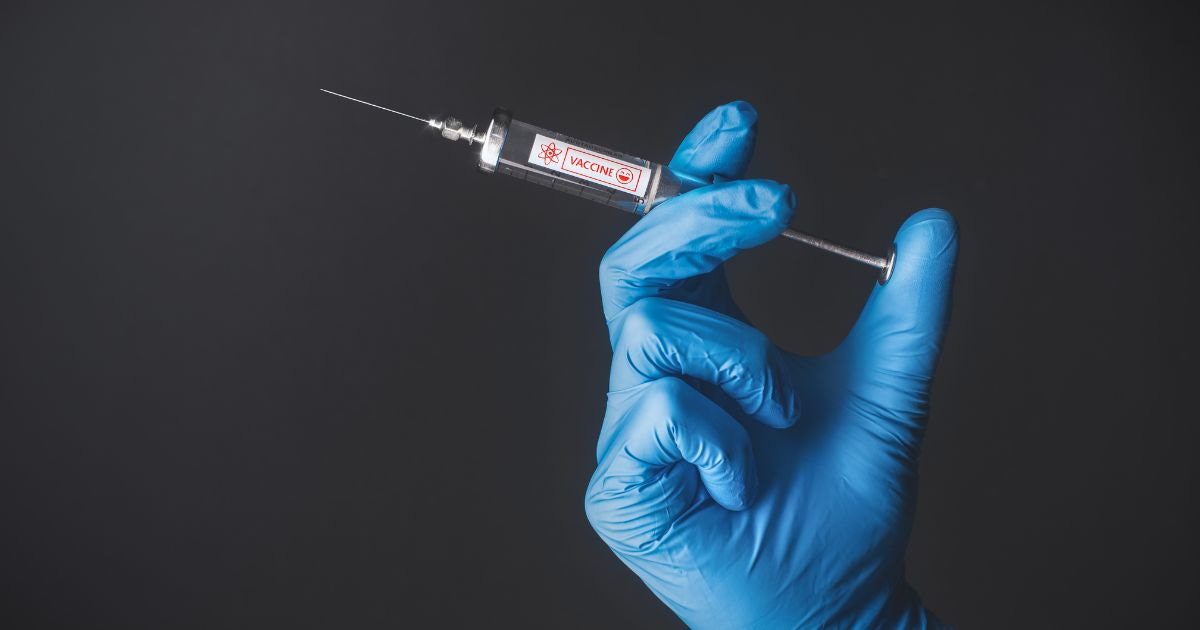Science vs. Opinion: Vaccine ‘Choice’ Is Killing Americans
A cultural analysis of how reopening baseless studies weakens public trust and legitimizes misinformation.
Trump wants the CDC to study vaccines and autism—again.
It’s pointless and does more than waste time and money. It dismantles public trust in science, weakens the US healthcare system, and further divides Americans on what is an indisputable fact.
What’s Happening
Despite new scientific information, Trump wants the CDC to investigate vaccine-autism links
Political figures like Kennedy fuel doubt, turning health decisions into personal choices rather than a responsibility.
The shift from science-based policies to individual choice erodes trust in institutions.
The CDC is preparing a large-scale study to examine whether vaccines are linked to autism—despite decades of studies showing no connection.
This move is seen as an attempt to appease vaccine skeptics and political figures like the U.S. Health Secretary Robert F. Kennedy Jr. These skeptics have spent years casting doubt on vaccine safety.
Kennedy has publicly softened his anti-vaccine stance. However, his rhetoric continues to emphasize "choice" over facts, reinforcing the idea that vaccination is a personal decision rather than a responsibility.
President Trump’s comments on the "mystery" behind rising autism rates further validate this perspective. This suggests that science hasn’t yet found an answer—even though it has: the increase is due to better screening and diagnostic criteria.
Should America's health and safety be based on what’s proven to work, so everyone is safe, or based on individual choice, putting everyone at risk? It all depends on your cultural perspective.
Why It Matters
America has long operated under a standardized approach to public health—one where rules apply equally to everyone based on scientific evidence. Vaccination campaigns, public health mandates, and safety regulations exist because they work. But that’s changing.
Kennedy and Trump are pushing a ‘choice’ model, where personal choice is more important than protecting American lives. In this view, parents can decide whether vaccines "feel" right for their child, ignoring the consequences, such as infecting others and risking the lives of their children.
This is a dangerous cultural shift because functioning public health systems require standards. Countries as diverse as Germany and South Korea enforce strict vaccine mandates with little controversy because their citizens understand that each person is responsible for protecting their fellow citizens.
The US is drifting into a cultural perspective where choice trumps responsibility, and one’s neighbor is not their problem.
When governments abandon universalist policies in favor of individual preference, chaos follows. Countries like Russia, which don’t have strong standards and citizens distrust the government, suffer from lower life expectancy, disease outbreaks, and preventable deaths.
The US is heading down the same path.
If vaccines become a personal choice rather than a scientific necessity, herd immunity will break down, outbreaks will rise, and trust in the healthcare system will fail.
Public health depends on standards, not choice. Reopening a baseless debate over vaccine safety doubts certain science and wastes money. Shifting the burden from institutions onto individuals who now believe they must personally verify science will kill Americans from preventable diseases. That’s not how functioning societies work.
We don’t ask individuals to personally research aerodynamics before boarding a plane—we trust the science because it’s based on evidence. Public health is no different.
The CDC’s decision to consider this study wastes resources—it legitimizes a false debate and signals that standard, proven policies can be discarded for politics.
What’s Next?
If the legitimacy of vaccines continues to be threatened, Americans can expect more infectious disease outbreaks, such as measles. The public health system, once the best in the world, will become so fractured that no policy—no matter how scientifically sound—will be accepted.
The more America becomes a ‘choice’ culture in areas that must be standard, the closer it gets to a future where every health decision is up for debate, every policy is optional, and every public institution is suspect.
When the trust is gone, it’s gone for good. That’s not a future anyone wants.




